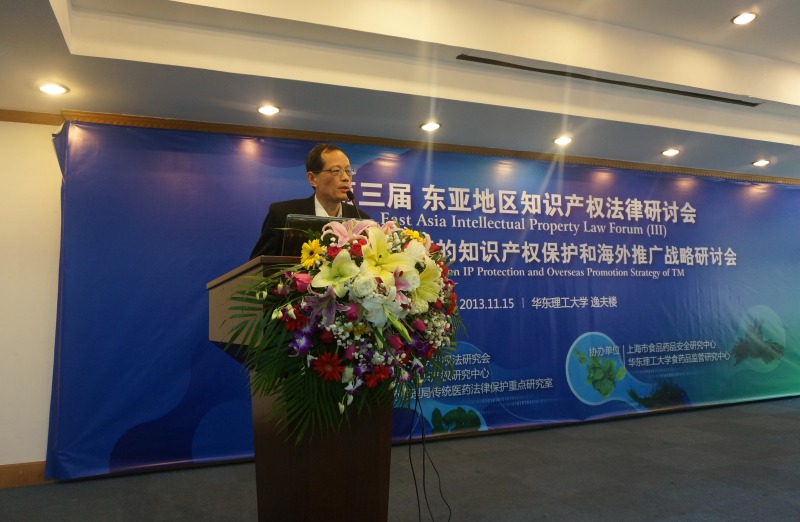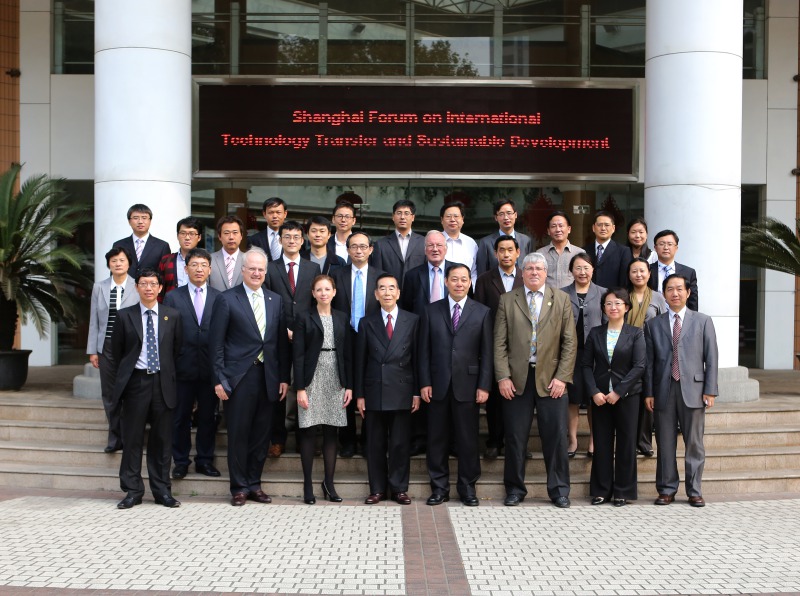Measures for the Protection of Intangible Cultural Heritage in Xining, Qinghai(1)
Measures for the Protection of Intangible Cultural Heritage in Xining City, Qinghai Province have been deliberated and adopted in January 19th, 2018. It will be implemented in April 1st, 2018.
Chapter 1 General Provisions
Article 1 In order to strengthen the protection and preservation of intangible cultural heritage, and inherit and carry forward the excellent traditional culture, according to the laws and regulations such as Intangible Cultural Heritage Law of the PRC and the actual situation of the city, the Measures is formulated.
Article 2 The investigation, declaration, inheritance, utilization, protection and management of intangible cultural heritage projects in this administrative region are applicable.
Article 3 “Intangible Cultural Heritage” as mentioned in the present Measures refers to all kinds of traditional cultural expressions that people of all nationalities handed down from generation to generation and regarded it as part of their cultural heritage, as well as objects and places related to traditional cultural manifestations. Include:
(1) traditional oral literatureand the language as its carrier;
(2) traditional art, calligraphy, music, dance, drama, art and acrobatics;
(3) traditional skills, medicine and calendar;
(4) traditional etiquette, festival and other folklore;
(5) traditional sports and recreation;
(6) other intangible cultural heritage.
If the objects and places belonging to the components of intangible cultural heritage also belong to the cultural relics, they shall be applicable to the relevant provisions of the laws and regulations for the protection of cultural relics.
Article 4 The protection and preservation of intangible cultural heritage should adhere to the principles of “government leading, social participation, protection based, rescue first, rational utilization, inheritance and development”, and lay stress on its authenticity, integrity and inheritance.
Article 5 The people’s governments in the cities, counties(districts) should bring the protection and preservation work into the special planning of public cultural undertakings development at the corresponding levels, establishing the coordination mechanism, strengthening the protection institutions, professional team construction and professional personnel training and listing the protection and preservation funds into the budgetary outlays.
Article 6 The cultural administrative departments in the cities, counties(districts) are responsible for the organization, coordination, supervision and management of the protection and preservation work in their administrative areas.
The other relevant departments should protect and preserve intangible cultural heritage within their respective duties.
The people’s governments of the townships(towns) and the street offices(communities) should cooperate with cultural administrative departments in the counties(districts) to do the protection and preservation work of the intangible cultural heritage.
The communities and villagers’ committees should help to do the protection work. The cultural administrative departments in the counties(districts) should give guidance and support.
Article 7 The people’s governments in the cities, counties(districts) should strengthen publicity and education on the protection work, and cultivate the social awareness of the protection of intangible cultural heritage.
The news media, such as radio, television, newspapers and networks, should carry out the propaganda of the representative projects of intangible cultural heritage and popularize the knowledge of intangible cultural heritage.
Article 8 To encourage and support citizens, legal persons and other organizations to participate in the protection of intangible cultural heritage through collecting, showing, donating, subsidizing, volunteering, setting up protection funds and developing cultural products.
To commend and reward organizations and individuals who have made significant contributions to the protection work in accordance with the relevant regulations.
Chapter 2 Investigation and Declaration
Article 9 The people's governments in the cities, counties(districts) organize the investigation of intangible cultural heritage in accordance with the needs of the protection and preservation work.
The cultural administrative departments in the cities, counties(districts) are responsible for the investigation of intangible cultural heritage in their administrative areas, and fully grasp type, quantity, distribution, living environment and current status. Other relevant departments can investigate the intangible cultural heritage in their fields.
Article 10 The administrative departments of culture and other relevant departments in the cities and counties(districts) should collect representative objects belonging to the part of intangible cultural heritage, collating the data obtained in the investigation, properly preserving, preventing damage and loss, and confirming, recording and filing. The pictures and data copies that other relevant departments obtain shall be summarized and submitted to the cultural administrative departments at the same level.
Article 11 Citizens, legal persons and other organizations can provide cues and materials for intangible cultural heritage to cultural administrative departments, and also conduct investigations according to law.
Article 12 The investigations should get the consent of the respondents, respecting their customs and habits, preventing to damage their legitimate rights and interests and illegally occupy or destroy the materials and data.
Article 13 The people's governments in the cities, counties(districts) should set up the list of intangible cultural heritage representative projects at the level, publishing them, and effectively protecting the projects.
Article14 The projects included in the list shall meet the following conditions:
(1)having the typicality and representativeness of the excellent traditional culture;
(2)having the value of history, literature, art and science;
(3)inheriting from generation to generation in a certain group or region, and still existing in the form of living state;
(4)having regional characteristics or distinctive national characteristics, and a greater impact in the administrative region.
Article 15 The cultural administrative departments in the cities, counties(districts) should select experts from the expert library to form expert review teams and expert review committees, carrying out the following work:
(1) to review the qualifications of representative projects, protection units and representative inheritors in accordance with the law, puting forward review opinions and publicize the results of evaluation.
(2) to review and identify the inheritance bases of representative projects;
(3) to review declaration projects of intangible cultural heritage protection special funds;
(4) to participate in drawing up the plan for the protection of intangible cultural heritage;
(5) to participate in arguing the important systems and decisions of the protection of representative projects.
Article 16 If citizens, legal persons and other organizations think that a certain intangible cultural heritage project reflects the excellent traditional culture and is of great historical and cultural and scientific value, they can declare representative projects to the administrative departments of cultural.
Article 17 The cultural administrative departments in the counties (districts) are responsible for the collection and screening work. After approved by the people's government, they submit to the municipal cultural administrative department. The directly affiliated units under the city can directly declare to the municipal cultural administrative department.
As for the intangible cultural heritage projects with significant historical, cultural and scientific values which are included in the list of municipal intangible cultural heritage representative projects, the municipal people's governments should declare the provincial and national intangible cultural heritage projects step by step according to the relevant provisions.
Article 18 After the review and approval of the review committee, the cultural administrative departments inthe cities and counties (districts) shall declare the declaration projects to the public and seek public opinions. The time of publicity shall not be less than twenty days.
The cultural administrative departments in the cities, counties (districts) draft their own intangible cultural heritage projects list according to review and publicity results, and submit to the people's government at the same level for approval and publication, and report to the cultural administrative department at the next higher level for the record.
Article 19 For the villages, neighborhoods or specific areas, which have rich intangible cultural heritage resources and centralized projects, integrated forms and connotations and good natural and human environment, it should establish eco-cultural protection zones, doing regional overall protection.
The cultural administrative departments shall formulate special plans for the protection zones with the departments of planning, land and resources, and implement after the approval of the people's government at the same level. The historical features and traditional cultural ecology of the eco-cultural protection zones should be maintained. The natural and human living environment should not be destroyed.
next:no article


